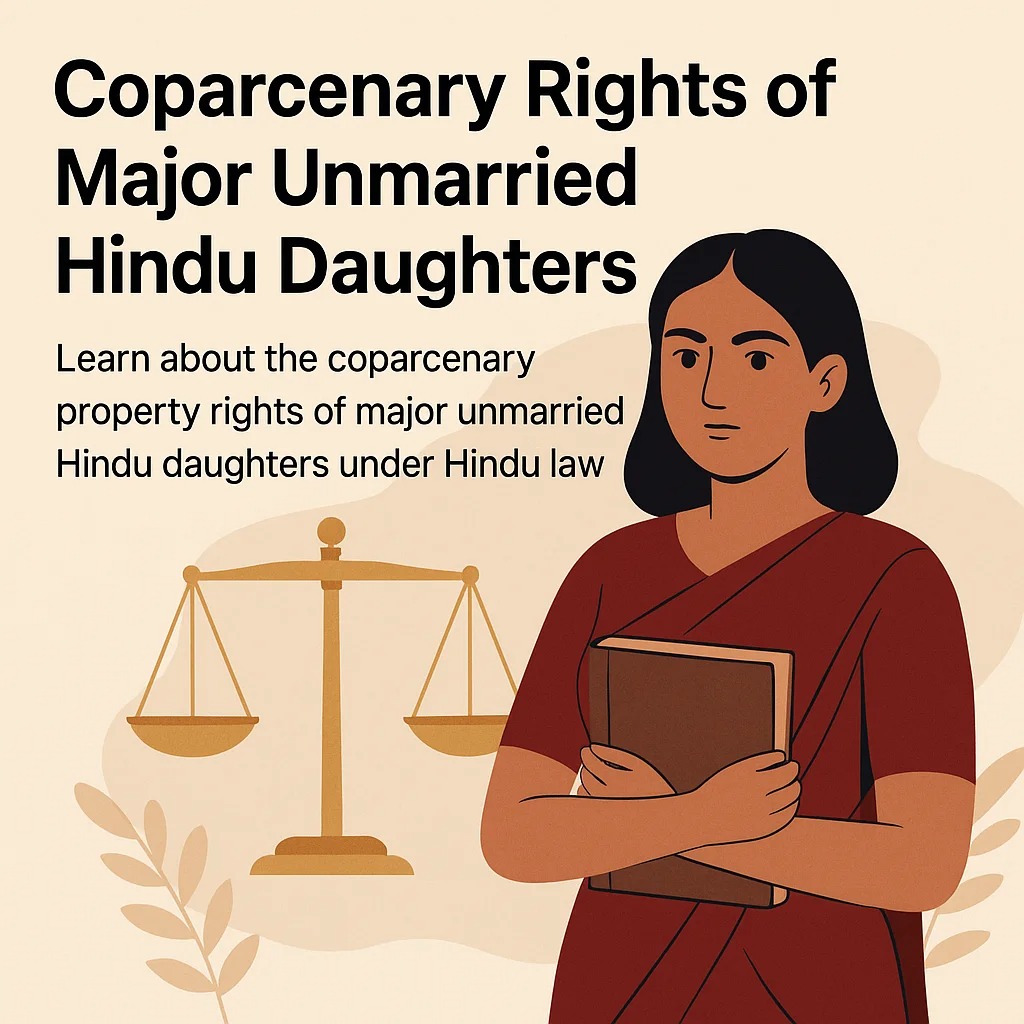Indermeet Kaur, J.@mdashThe impugned judgment dated 19.08.2010 had allowed the applications filed by the applicant Rashmi Jain under Order XXII Rule 9, under Order XXII Rule 10 of the CPC (hereinafter referred to as the "Code") read with another application u/s 5 of the Limitation Act. The petitioner is aggrieved by this finding. Record shows that the original plaintiff Raj Pal Singh had filed a suit for possession and permanent injunction. Written statement was filed. The plaintiff died on 29.01.2008. The suit stood abated on 28.04.2008. An application under Order 1 Rule 10 of the Code was filed by the applicant Rashmi Jain seeking impleadment this application was dismissed on 07.01.2009; the Court was of the view that since the suit stood abated and there was no pending suit, this application was not maintainable. On 27.01.2009, the present applications i.e. the application under Order XXII Rules 9 & 10 of the Code read with u/s 5 of the Limitation Act were filed by the applicant seeking impleadment her contention was that she had purchased this property by requisite documents of transfer i.e. a registered sale deed from one Raghuvir Singh who in turn was successor in interest of the original plaintiff Raj Pal Singh; Raj Pal Singh having bequeathed this suit property in favour of Raghuvir Singh vide a Will dated 14.10.2007. All the aforenoted documents are on record. No challenge has been made to these documents.
2. Order XXII Rule 9 (2) of the Code permits an assignee of the plaintiff to apply to the Court to get the order of abatement of the suit to be set aside; sub Rule (3) specifies that the provisions of Section 5 of the Limitation Act are applicable. The vehement contention of the petitioner is that the present applicant Rashmi Jain is not an assignee of the plaintiff Raj Pal Singh; the assignee was Raghuvir Singh and she is claiming her title only through Raghuvir Singh and this not being a valid assignment, the provisions of Order XXII Rule 9 of the Code would not apply.
3. This Court is not in agreement with this submission. The definition of assignee is wide enough to include the present applicant; she is claiming her title to the original plaintiff Raj Pal through the intervener Raghuvir Singh; she had valid documents i.e. a registered sale deed to support her claim of assignment. An "Assignee" has been decreed as a person to whom a right or liability is legally transferred or a person appointed to act for another.
4. The impugned judgment had noted the legal position as also the facts in the correct perspective. It had rightly drawn a conclusion that there was a sufficient cause on the part of the applicant in not moving the application within the stipulated period; a liberal interpretation to the law of limitation has been time and again reiterated by the Courts and unless there are malafides imputed to an applying party, this procedural impairment should not come in the way of a substantive relief. The applicant has specifically averred that she was not aware about the pendency of the suit; she had purchased this property from Raghuvir Singh who had also not informed her about this litigation; this was the reason for the delay in moving the said application; the discretion exercised by the trial Court in favour of the applicant holding that there was a "sufficient cause" for not filing the application under Order XXII Rule 9 of the Code within the stipulated period was a fair discretion; it suffers from no infirmity; no interference is called for on this count. The impugned judgment on no count suffers from any infirmity. Petition is without any merit. Dismissed.

